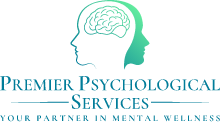anger
Anger:
-
Relationship and Family Problems: Poor communication, fighting, yelling, physical or emotional abuse, and ending of relationships
-
Work or School: Difficulty concentrating, getting fired
-
Physical Health: Tension, fatigue, headaches, heart problems, stroke, cancer, and other medical issues
-
Legal Problems
-
It’s Not Only a Symptom: Anger can also cause depression, stress, anxiety, and substance abuse
How Do You Experience Anger?
Everyone experiences a healthy level of frustration and anger but sometimes it’s unhealthy and more than we can handle. Some people have emotional outbursts and for others they withdraw into themselves and isolate. Getting overwhelmed with anger can also lead to hurting ourselves physically or mentally, overeating, substance abuse, or other unhealthy behaviors.

Anger Therapy Program
Depression is a medical illness and not a sign of weakness. Depression is treatable and rarely goes away without treatment. Research shows that the combination of medication and psychotherapy is usually the best treatment for depression. With that said, medication may only have short-term effects whereas therapy and counseling has been shown to have more long-term effects and prevent depression from recurring.
Address at least these 10 areas of your life:
- Physical Health
- Motivation and Enjoyment
- Unhealthy Thinking
- Unhealthy Behaviors
- Decision Making and Problem Solving
- Family and Relationships
- Past Scars and “Baggage”
- Future Worries
- Coping with Emotions
- Losses
With a Anger Therapy Program you will:
- Understand why you have depression
- Recognize the signs of depression
- Discover how depression affects different areas of your life
- Learn tools to improve your mood and keep depression from recurring
- Understand how to improve your self-esteem and confidence
Will I be cured?
As with most things in life, there are no guarantees, and this too applies to therapy since everyone is different and there are many factors that affect the outcome of therapy. However, our clients report feeling better after their first session and improvements after a few sessions.
Anger Help Tips
Anger is a normal feeling, but it doesn’t have to get out of hand. You can manage your anger. Here are some tips to get started. Please note: These tips are not intended to be a cure for anything or a substitution for therapy or medication. Furthermore, if you are having thoughts of hurting yourself or have an emergency, then call 911.
1. Exercise:
Become physically active, just taking a walk can help.
2. Get Active:
Engage in a fun activity, maybe something you used to enjoy.
3. Don’t Isolate:
Participate in social or religious activities. Isolation will just allow the anger to fester.
4. Talk About It:
Spend time with other people that you can talk to.
5. STOP:
Take a deep breath, take a step back from the situation, and process what’s happening BEFORE reacting.
6. Manage Stress:
Stress makes anger worse and vice versa. Learn to manage stress better.
7. Change Your Stinking Thinking:
Try to change your negative thoughts into positive ones.
8. Relaxation:
Take deep breathes, listen to music, take a bath, find what works for you.
9. Be Assertive with Others:
Express how you are feeling to others, don’t let your feelings build up and don’t allow others to walk all over you (Of course you need to use your judgement with some situations, i.e. your boss).
10. Healthy Habits:
You need to eat and sleep right. Eat healthy food at least three times a day and sleep eight hours. Go to bed and wake up at regular times each day.
- Make an Appointment. Contact Us Today!



